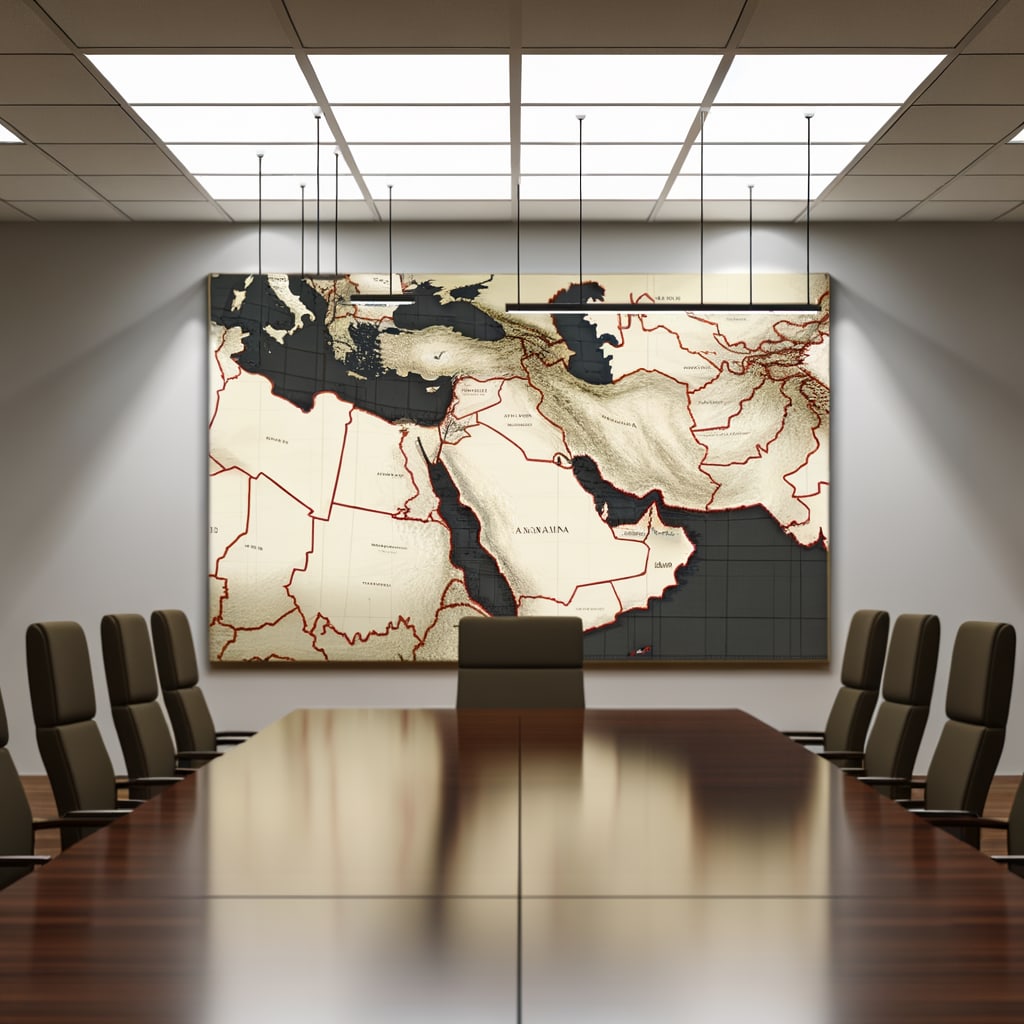Israeli Airstrikes in Yemen: Contrasting Claims and Consequences
Tensions have escalated in the Middle East, following a series of Israeli airstrikes on Yemen, which reportedly targeted and eliminated key Houthi figures, including their Prime Minister Ahmed al-Rahawi. However, narratives diverge as Yemen’s Defense Ministry denies Israeli claims of assassinations. Amidst the chaos, Germany's development minister was brought to an air raid shelter following a missile attack by Yemeni rebels on Israel.
Background
Israel's military has launched a series of airstrikes on Yemen, allegedly targeting top Houthi officials. Reports cite the death of Ahmed al-Rahawi, the Houthi Prime Minister, in an apartment in Sanaa. Three of al-Rahawi's associates were also reportedly killed, and several others injured in the attack. The airstrikes were also said to target the Houthi defense minister and chief of staff, who were reportedly gathered to watch a leader's TV speech.
Diverging Narratives
Despite these reports, Yemen's Defense Ministry in Sanaa refutes the Israeli claims, denying that recent airstrikes targeted and assassinated leaders from the Ansarallah movement. The contrasting narratives have added to the tension and uncertainty in the region.
Collateral Damage and International Impact
The airstrikes have also allegedly claimed the life of freelancer Mariam Dagga, an AP journalist. The Times of Israel reports that her camera's final images depict the stairwell where Israeli tank shells hit moments before another strike killed her and several other journalists.
In the midst of the escalating violence, Deutsche Welle reported that Germany's development minister was taken to an air raid shelter as the Yemeni rebels retaliated by firing a missile at Israel. In response to the ongoing crisis, U.S. President Donald Trump is set to chair a meeting on Gaza at the White House.
Implications and Reactions
The series of events has led to heightened tensions in the Middle East, with the international community closely monitoring the situation. The supposed assassination of the Houthi prime minister and other top officials, if confirmed, could represent a significant blow to the Houthi movement. However, the conflicting narratives and denials from Yemen's Defense Ministry raise questions about the veracity of the initial reports.
Conclusion
As the situation unfolds, the region remains fraught with tension and uncertainty. As the dust settles, the international community awaits clarity on the alleged assassination of the Houthi Prime Minister and the fate of other top officials. Meanwhile, the death of a journalist in the line of duty underscores the human toll of the conflict. Amidst the escalating violence, international stakeholders are convening to discuss the crisis, with the world watching closely.

